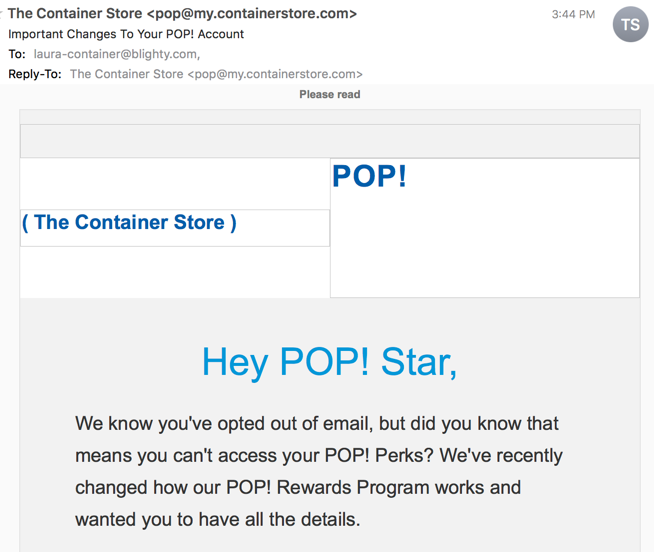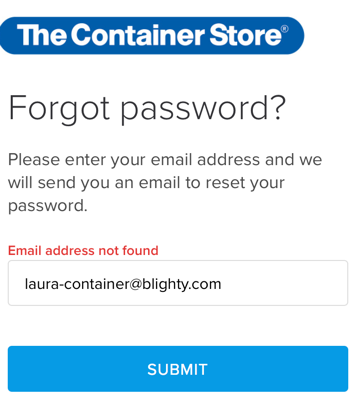Update on Tulsi Gabbard sues Google
Back in July the Tulsi Gabbard campaign sued Google for deactivating their “advertising account” on the night of the first Democratic debate. I’ve been waiting for the Google response, which was due to be filed today.

I checked today and found a new filing. Apparently counsel for both sides got together recently and decided that Tulsi’s campaign was going to submit an amended complaint and so Google could hold off any answer until that had happened.
We can expect a first amended complaint consisting of a single claim for violation of the first amendment by September 27, at the latest and then Google has until October 18 to respond.
If you’re interested in seeing the court document, most of the interesting ones are available through the Court Listener website: https://www.courtlistener.com/docket/15967487/tulsi-now-inc-v-google-llc/. I’m adding any docs I purchase there (as are other folks, I’ve not bought all of them) so you should be able to follow along, at least until any email related counts are dropped.
Speaking of email related court cases, I spent more than a few hours yesterday going down the rabbit hole of United States v. Bychak. This was brought to my attention by Brian Krebs and some friends on Facebook. Brian’s article is well worth a read as it details some of the things that spammers do in order to get around IP based blocking.
I’ll write a little more about what they did and how this kind of IP based hijacking was funded by many large international companies.

